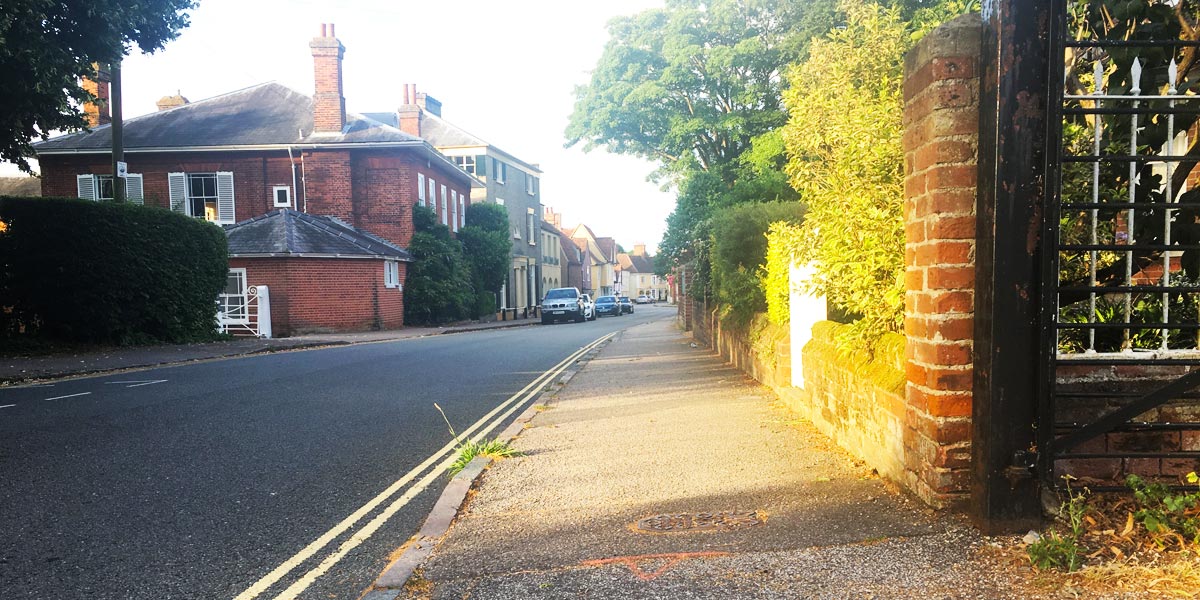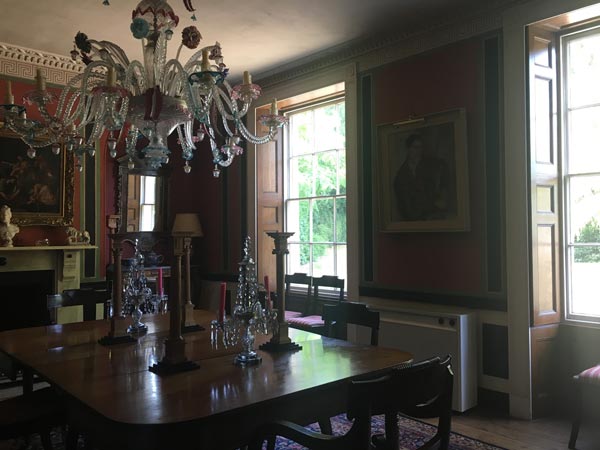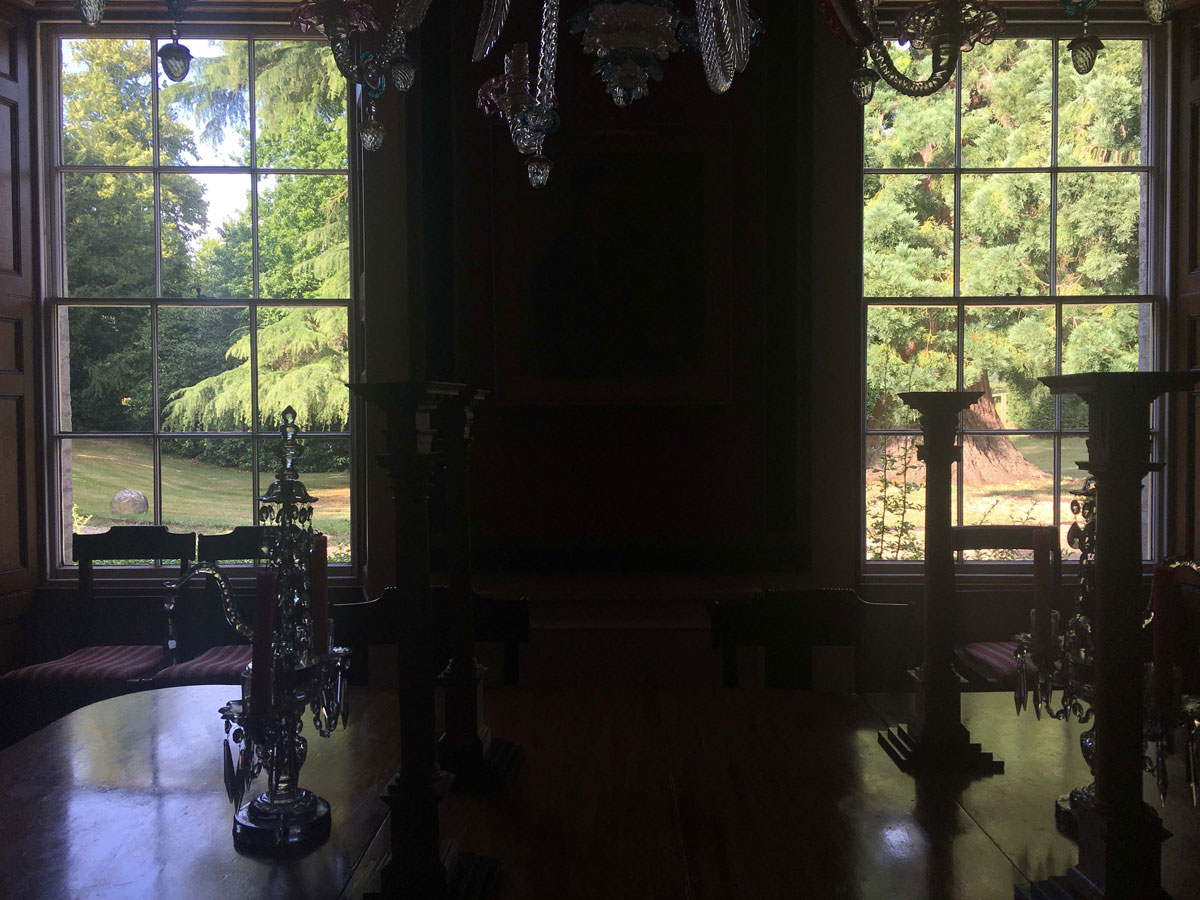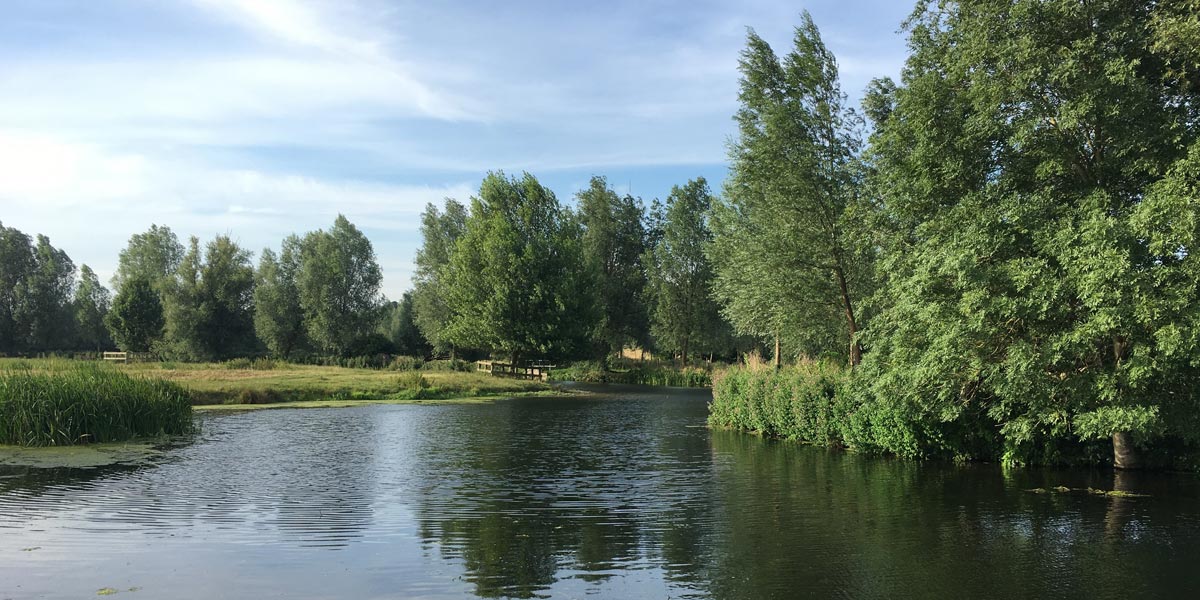Where does your Chicken Cross the Road?
“Why did the chicken cross the road?” is not a great joke. What interests me more is where the chicken crosses the road in people’s minds. When asked the question, what do you imagine? I would be most interested in your answer, which you can leave in the comments section below. I have had a variety of answers to this question. Most people, after some confusion, will look upward and slightly sideward as they search their memory, eventually offering an idiosyncratic response such as ‘I don’t really know but it’s going up a hill’ or ‘It’s a road through burnt stubble fields’. The responses are endless and always unique, which has allowed me to delve into the deep recesses of people’s minds via this simple (and rather poor) joke.
As an architect, I am conscious of the many types of people needed to make a building - each with varying skills and ways of thinking. Architects, quantity surveyors, stonemasons, planning consultants, steel work fabricators, engineers, carpenters, project managers or whomever you care to name all think in their own individual and profound way. All are essential to the success of the project and I have become fascinated by what goes on in someone’s head when faced with the same piece of data.
For me, it is on Dedham High Street, outside my first school. The chicken crosses from the south side to the north and I view it from about thirty feet to the west. The hen is chestnut coloured, which is the standard choice - nothing unusual about that. Here is a photograph of the exact spot.
Both my father and my sister Anna see the chicken crossing the same street as me but slightly further east. Two of my children visualise this event in very specific places around Colchester, where we lived at the time they originally heard the joke. The third, my middle child, sees it in the film Toy Story, where a chicken or something similar crosses a dangerous road. My wife, who is very analytical, does not visualise it at all. If pushed she sees a blank piece of paper with a line representing the road and the chicken is simply indicated by the word ‘chicken’ which I can see written in her hurriedly penned capitals.
Having asked this question to people over many years I have concluded that there are four ways to imagine this event. Firstly, there’s my way (group 1) – in a highly detailed and specific place; secondly are the people who imagine a generic place like ‘in a country road but I don’t know where’ (group 2); thirdly people imagine it as a cartoon or book illustration (group 3) and fourthly there are some people, like my wife, who don’t imagine it at all; to them it is a concept like a mathematical equation (group 4). I asked a member of group 4 why they don’t imagine it and the reply was, “The question is not where did the chicken cross the road, but why”. Such is the logical brain. I think ‘why’ is usually tied up with ‘where’, - for example, my associate Les (of group 2) imagines this event happening on a busy street in a town. His chicken is a brave fowl, courageously crossing, causing cars to screech to a halt. Reasons for crossing a quiet country road will be different and far less compelling than crossing a dangerous road in a town. He also tells me that his chicken would cross in a different setting each time he hears the joke. This is quite literally unthinkable to me; my chicken has always crossed in the same place and I could not change it, even if I tried. The different settings for the event, affects the personalities in the story. For example, Les’ chicken is brave to the point of being foolish. Mine is loyal, crossing the same road in the same place - as she has for millennia, never ageing, never complaining. She will continue to cross that same piece of the road long after I am dead.
Those belonging to group 1 have the advantage of imagining things very vividly, but it is problematic when reading novels. For example, if I read ‘she walked into the dining room from where she could see the fishing boats going out to sea.’ I would start that sentence with our heroine walking into my parent’s dining room, but then I would be sent into a crisis, as the view must be changed from a Suffolk garden to a view of the sea. I will then be faced with a choice of A) changing my location to a dining room with a view of the sea or B) trying to change a very familiar view of a garden into a view of the sea. Attempting option A), I need to think of the only dining room I know with a sea view. This is a house I stayed at in Cornwall many years ago belonging to my then girlfriend’s parents. I only went there once and we spent as little time in the dining room as possible because the pub down the road was so much more alluring. Therefore, my memory of a dining room with a view over the sea is virtually non-existent. Thinking about it, I am not even certain this dining room looked over the sea. Option B) is even harder. I will need to cut and paste the sea of a familiar view that I have known for years. This does not really work because when I lose focus, the Suffolk lawn and Wellingtonia return. Each option demands Zen levels of concentration and as a result, I do not read novels very often - it’s just too painful. I am keener on non-fiction, particularly biographies, which involve real places that I can look up. I often think that I would like to be group 2 as they can conjure up images from nothing, but I suspect they do not see these images with the clarity that I do.
What this study has made me realise is that we all think in completely different ways. No way of thinking is better than any other way; they just give the thinker individual abilities and experience of reality. Each has advantages and disadvantages. A vivid imagination (group 1) makes you a slower thinker as the brain tries to constantly upload huge files of data and at the other end of the spectrum, the conceptual thinker (group 4) will be able to solve problems at lightning pace, free from unnecessary visual baggage but they may struggle to visualise things with any degree of clarity. In everyday life, we must flip from one form of thinking to another, and I suspect a well-rounded person can do this easily.
This investigation has made me realise that words are a clumsy representation of our internal cinema. I am reminded of a quote from my only famous relative, Joseph Conrad. In Heart of Darkness, Marlow, the narrator, breaks his story of travelling up the River Congo to make a profound observation on story telling:
“No, it is impossible; it is impossible to convey the life-sensation of any given epoch of one’s existence - that which makes its truth, its meaning - its subtle and penetrating essence. It is impossible. We live, as we dream - alone.”
Heart of Darkness is one of the few novels I have actually read, but I imagined it on the River Stour, which flows past the end of my parent’s garden separating Essex from Suffolk.
I’ve never been to the Congo.








